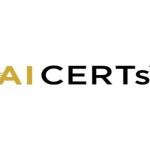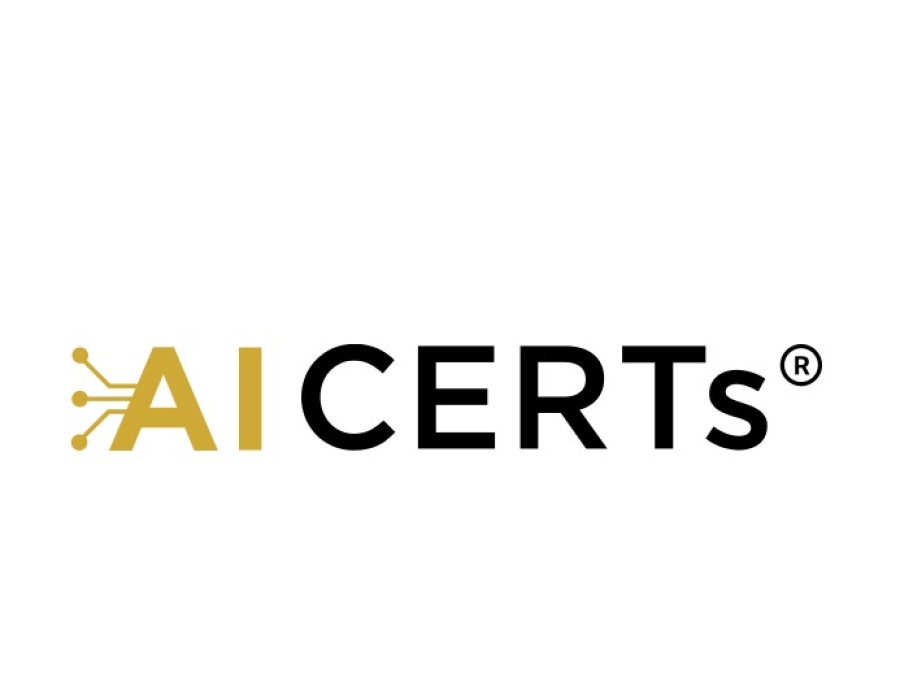Artificial Intelligence has taken center stage in shaping industries worldwide, but one of the most exciting and emerging fields within AI is prompt engineering. As large language models and generative AI systems become integrated into business processes, the ability to communicate effectively with these systems is no longer just a technical detail—it is a core skill. Companies are beginning to recognize that precise, optimized prompts can mean the difference between a useful output and a costly misinterpretation. This growing importance has given rise to a new career pathway AI prompt engineering.
Professionals in this field act as the bridge between human intent and machine response. By crafting structured prompts, they unlock the full capabilities of AI models across industries such as healthcare, finance, marketing, customer service, education, and more. As organizations continue to experiment with AI-powered automation, the demand for specialists who can guide these tools with clarity and accuracy is set to skyrocket.
Understanding the Role of Prompt Engineers
A prompt engineer is not just someone who inputs text into an AI tool. They are skilled professionals who carefully craft, test, and refine prompts to achieve the best possible outcomes. Their work often involves creative problem-solving, linguistic precision, and domain expertise. By understanding both the technology and the context in which it is applied, prompt engineers ensure AI solutions are accurate, relevant, and impactful.
In response to this need, structured learning pathways such as AI Prompt Engineer Certification are becoming popular. These programs help professionals gain recognition for their skills and demonstrate their ability to deliver measurable value with AI systems.
Why the Career Is Taking Off
There are several reasons why prompt engineering has captured attention as a full-fledged career track:
- High Demand Across Industries: From legal research and finance to content creation and customer support, every field that leverages AI needs precise prompting to ensure quality results.
- Competitive Salaries: As the role becomes more specialized, companies are willing to invest in professionals who can unlock maximum efficiency from their AI tools.
- Low Entry Barriers: Unlike traditional AI roles that often require years of coding or data science experience, prompt engineering can be learned relatively quickly. Programs designed to help people learn ai prompt engineering make it easier for newcomers to transition into the field.
- Scalability of Skills: Once mastered, prompting skills can be applied to a wide range of AI systems, making the career highly versatile.
The Career Journey of an AI Prompt Engineer
A typical career path might begin with exploration and practice—experimenting with different prompts and testing results on popular AI platforms. As skills grow, professionals may specialize in specific sectors such as education, healthcare, or business automation. Over time, roles expand to include collaboration with developers, data scientists, and strategists, creating opportunities to influence AI integration at an organizational level.
The recognition of ai prompt engineer as a formal role is accelerating. Many job boards now list positions specifically dedicated to prompt engineering, with responsibilities ranging from creating prompt libraries to optimizing outputs for enterprise applications.
Training for Advanced Roles
While basic prompting skills can be acquired through self-study, professionals aiming for leadership roles in this space often pursue specialized learning. Enrolling in advanced prompt engineer training is one way to gain deep expertise, covering areas such as multi-step reasoning, prompt chaining, and tailoring outputs for industry-specific needs.
Additionally, real-world experience is crucial. Working on projects that involve fine-tuning AI workflows, automating responses, or building creative applications provides practical insights that training alone cannot deliver. As AI models evolve, professionals must continuously adapt and experiment to stay ahead.
For those entering the job market, choosing to get ai prompt engineer skills can serve as a strong differentiator. Employers are increasingly prioritizing candidates who not only understand AI theory but can also apply prompting techniques effectively in day-to-day operations.
Why Prompt Engineering Is Here to Stay
Some might wonder if prompt engineering is just a passing trend. The evidence suggests otherwise. As AI becomes more deeply embedded into business and society, the ability to control, direct, and optimize its outputs will only grow in importance. Prompt engineers play a crucial role in making AI practical, reliable, and safe for use in critical applications.
Moreover, the skill set extends beyond technology itself. Prompt engineers often act as creative thinkers, strategists, and problem solvers—roles that remain valuable regardless of how the underlying AI models evolve. This makes prompt engineering not just a job of the present but a career that will continue to expand in scope and influence.
Conclusion
Advanced prompt engineering represents one of the most exciting career opportunities of the AI era. It combines creativity with technical insight, accessibility with high demand, and innovation with stability. As industries increasingly rely on AI to streamline operations and solve complex challenges, prompt engineers are set to become key players in shaping the future of work. For professionals looking to align themselves with the next big wave in technology careers, prompt engineering offers a pathway filled with growth, relevance, and lasting impact.






Comments